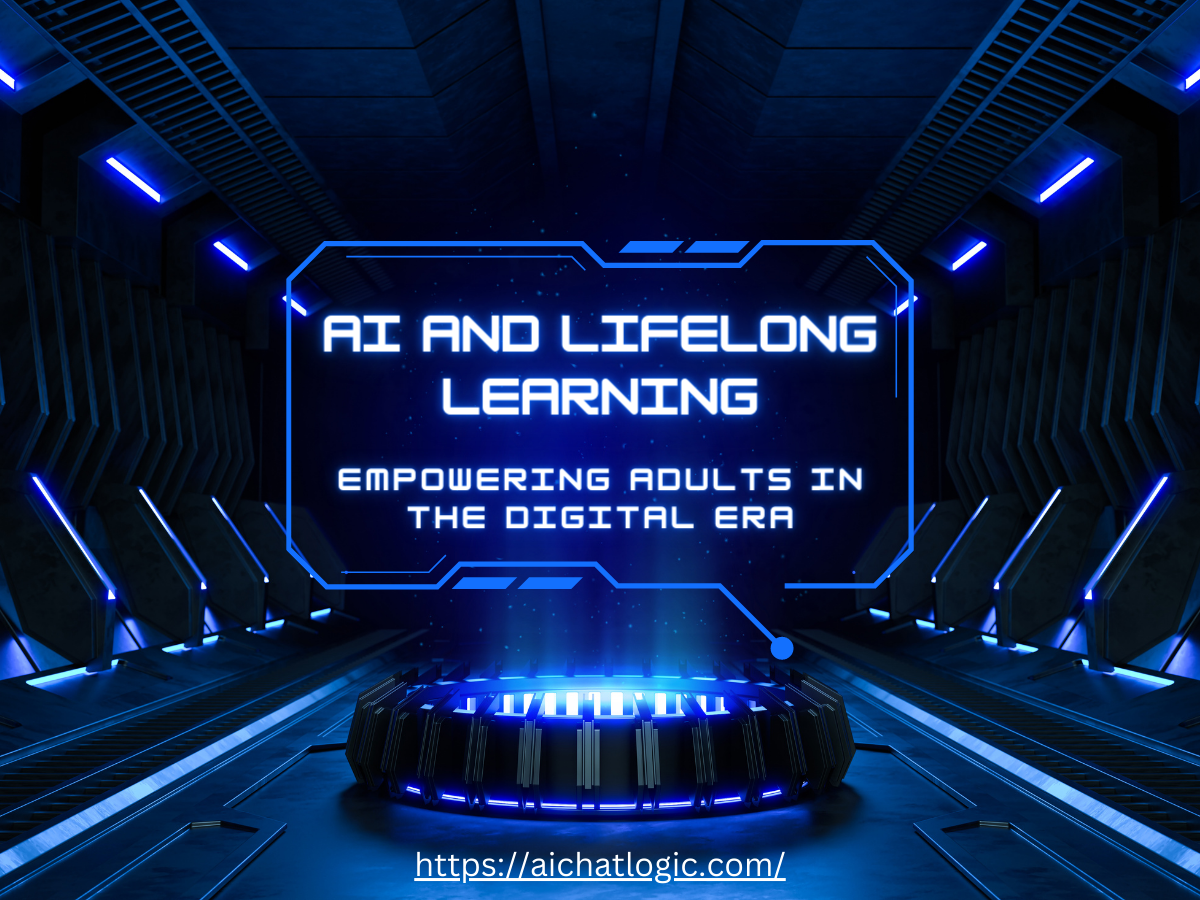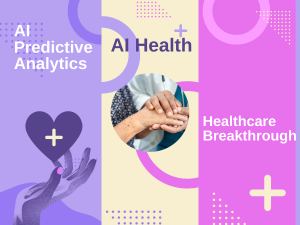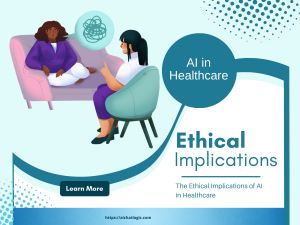1. Introduction:
In the rapidly evolving digital era, the acquisition of new skills and knowledge has become essential for individuals to thrive. Lifelong learning, the concept of continuous education beyond traditional schooling, has gained prominence in empowering adults to adapt to the changing demands of the modern world. With the advent of Artificial Intelligence (AI), lifelong learning has witnessed a transformative impact, enabling individuals to explore new opportunities and stay relevant in their personal and professional lives.
2. The Role of AI in Lifelong Learning
2.1 Transforming Education with AI
AI technologies have revolutionized the education landscape by offering innovative solutions to traditional learning methods. Intelligent tutoring systems, virtual classrooms, and smart content delivery systems have significantly enhanced the teaching and learning experience. AI-powered tools provide educators with valuable insights into student performance, enabling them to personalize instruction and identify areas for improvement.
2.2 Personalized Learning Experiences
AI in lifelong learning offers a significant advantage, which is the provision of personalized learning experiences. Through the analysis of individual learning patterns, preferences, and abilities, AI algorithms customize educational content and delivery methods to cater to each learner’s specific needs. This personalized approach empowers adult learners, enabling them to progress at their preferred pace and concentrate on areas that align with their goals and interests.
3.Improving Education Accessibility
3.1 Overcoming Barriers with Online Platforms
The integration of AI in online learning platforms has democratized access to education. Geographical constraints, time limitations, and financial barriers are no longer significant hurdles for adult learners. AI-powered platforms offer a wide range of courses and resources that can be accessed anytime and anywhere, enabling individuals to engage in learning activities that fit their schedules and circumstances.
3.2 AI-Driven Adaptive Learning Systems
Adaptive learning systems utilize AI algorithms to assess learners’ abilities and provide targeted content and support accordingly. These systems adapt the difficulty level and pacing of learning materials, ensuring optimal engagement and knowledge retention. Through continuous monitoring and feedback, adaptive learning systems help adults navigate their learning journey efficiently and effectively.
4. AI and Skill Development
4.1 Upskilling and Reskilling Opportunities
As industries undergo rapid transformations due to technological advancements, upskilling and reskilling have become critical for individuals to remain competitive in the job market. AI plays a crucial role in identifying emerging skill demands and offering tailored learning pathways to acquire those skills. Through AI-driven skill development programs, adults can acquire in-demand competencies and explore new career prospects.
4.2 AI-Powered Career Guidance
Choosing the right career path can be challenging, especially when considering the vast array of options available today. AI-powered career guidance tools leverage data analytics and machine learning algorithms to provide individuals with personalized career recommendations. These tools consider an individual’s skills, interests, and market trends, empowering adults to make informed decisions about their professional growth.
5. Empowering Adult Learners
5.1 Flexibility and Convenience
AI-enabled lifelong learning provides adults with the flexibility and convenience necessary to harmonize their educational endeavors with their current obligations. The availability of online courses, virtual classrooms, and mobile learning applications enables individuals to conveniently access educational materials and participate in learning activities at their preferred time and location. This adaptability empowers adults to effortlessly incorporate learning into their hectic schedules.
5.2 Tailored Learning Paths
AI-based learning platforms offer personalized learning paths based on individual preferences and goals. Adult learners can select courses and modules aligned with their specific needs, ensuring they acquire relevant knowledge and skills. The tailored learning experience enhances motivation and engagement, leading to more effective and fulfilling learning outcomes.
6. Challenges and Considerations
6.1 Ethical Implications of AI in Education
AI in lifelong learning offers many advantages, but it also presents ethical issues. To ensure the responsible and fair application of AI in education, it is crucial to address concerns related to privacy, data security, and algorithmic bias. Balancing AI-driven personalization while protecting individual privacy is vital for building trust and upholding the integrity of lifelong learning systems.
6.2 Addressing the Digital Divide
Despite the advancements in AI-driven education, the digital divide remains a significant challenge in ensuring equitable access to lifelong learning opportunities. Disparities in internet connectivity, device availability, and digital literacy can create barriers for certain populations. Efforts should be made to bridge this gap and ensure that all individuals, regardless of their socioeconomic backgrounds, can benefit from AI-powered lifelong learning.
7. Conclusion
AI has become a valuable asset for empowering adults in their lifelong learning journey in the digital age. By revolutionizing education and expanding accessibility, as well as promoting skill development and enabling adult learners, AI brings numerous advantages that can shape a more promising future. Nonetheless, it is essential to tackle the ethical implications of AI and bridge the gap in digital access to ensure equal opportunities for everyone. By leveraging the potential of AI while addressing these obstacles, we can establish a learning ecosystem that genuinely empowers adults in their pursuit of personal and professional advancement.
Frequently Asked Questions (FAQs)
- What is lifelong learning?
- Lifelong learning refers to the continuous acquisition of knowledge and skills beyond formal education, enabling individuals to adapt to evolving circumstances and pursue personal and professional growth throughout their lives.
- How does AI transform education?
- AI transforms education by providing innovative tools and technologies that enhance teaching and learning experiences. It offers personalized learning, intelligent tutoring systems, and adaptive learning platforms that cater to individual needs and optimize learning outcomes.
- Can AI help adults acquire new skills?
- Yes, AI plays a crucial role in upskilling and reskilling adults. It identifies emerging skill demands, offers tailored learning pathways, and provides career guidance, enabling individuals to acquire new skills and explore new career opportunities.
- What are the challenges of AI in education?
- Some challenges of AI in education include addressing ethical implications such as privacy and algorithmic bias. Additionally, bridging the digital divide to ensure equal access to AI-powered education remains a significant concern.
- How can AI empower adult learners?
- AI empowers adult learners by providing flexibility and convenience through online platforms. It offers tailored learning paths, personalized content, and tools that enable adults to balance learning with their existing responsibilities and meet.










+ There are no comments
Add yours